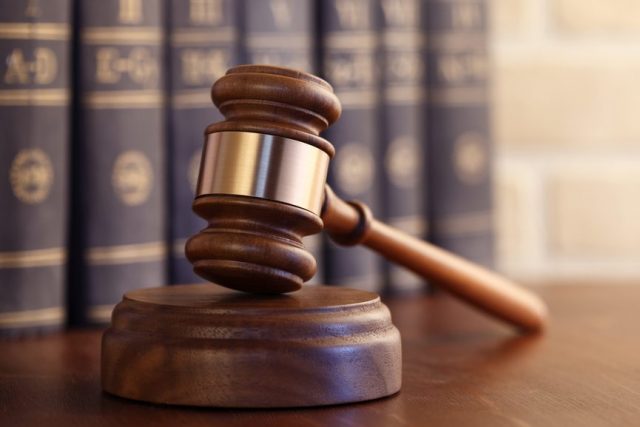
A recent court decision out of the 7th Circuit provides another legalistic barrier to certain unjust racial outcomes plaguing the U.S. legal system and policing framework, according to the dissenting judges in that very case.
In other words, though hardly uncertain terms, the dissent in this case is accusing the court of making “parking while black” a crime.
The case in question is U.S. v. Johnson. In that case, the court was asked to sanction the gun possession charge of Randy “Diesel” Johnson, a convicted felon who was not allowed to have a gun.
On the day in question, officers with the Milwaukee Police Department swarmed the car Johnson was in while it was parked at a liquor store. Neither the occupants nor the driver were accused of doing anything suspicious.
Rather, and stopping just short of pretext, the only visible problem was that the driver had apparently failed to park the car at least 15 feet away from a crosswalk. In alleged violation of a local traffic ordinance, the car was roughly seven or eight feet away from said crosswalk.
Judge David Hamilton describes the police department’s measured response to that apparent vehicular infraction. He wrote:
Five officers in two police cars seized the passengers of a stopped car. The officers swooped in on the car, suddenly parking close beside and behind it with bright lights shining in from both directions, opening the doors, pulling all the passengers out and handcuffing them. The district court found, and the majority and I agree, that the passengers were seized as the officers swarmed them, before the officers had any sign that one passenger had a firearm. The sole basis for this intrusive and even terrifying “investigatory stop”? A suspected parking violation … for parking too close to an unmarked crosswalk.
Ultimately, Johnson was arrested and charged with unlawful possession of a firearm and sentenced to 46 months in prison. He entered a conditional guilty plea but challenged the gun evidence as unlawfully obtained in violation of the Fourth Amendment.
The majority found that the gun evidence was not obtained in violation of the Constitution, however, and affirmed his sentence. In so doing, this decision more or less unilaterally expanded the precedent set forth in the cases of Terry v. Ohio (which allows cops to execute searches and seizures incident to certain stops if they believe their safety may be affected) and Whren v. United States (which allows cops to stop a vehicle if they have a reasonable belief–rising to probable cause–that a traffic violation occurred.)
Hamilton notes the alleged precedential incongruity. He wrote, “No other appellate court has tolerated such police tactics to address a suspected parking violation. Nor should we, at least absent extraordinary circumstances not present here. We should find a Fourth Amendment violation in this seizure of the passengers in the car idling outside a store.”
Hamilton’s scathing dissent was joined by two others. It continues:
What made the officers decide so fast to swoop in to seize this car? On this record, the only explanation is the neighborhood, and the correlation with race is obvious. It is true that Johnson has not made an issue of race, but we should not close our eyes to the fact that this seizure and these tactics would never be tolerated in other communities and neighborhoods. If we tolerate these heavy‐handed tactics here, we enable tactics that breed anger and resentment, and perhaps worse, toward the police…The police tactics here would never be tolerated in more affluent neighborhoods. This extension will further erode the Fourth Amendment, trading away privacy rights of some for the hope of more security for others, and stripping those targeted in searches of both security and privacy.
[image via shutterstock.com]
Follow Colin Kalmbacher on Twitter: @colinkalmbacher
Have a tip we should know? [email protected]